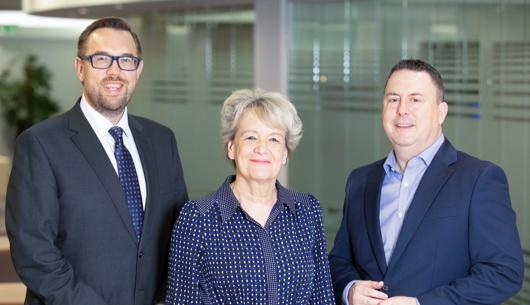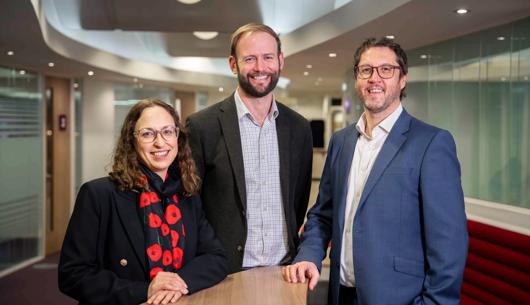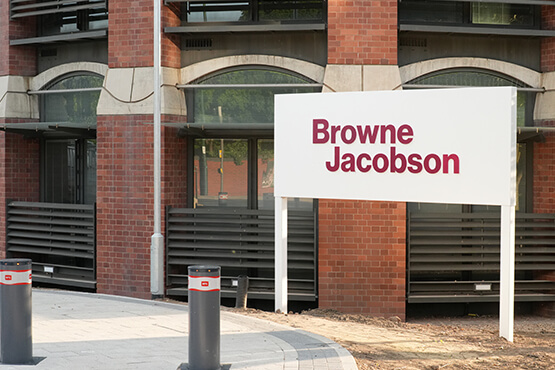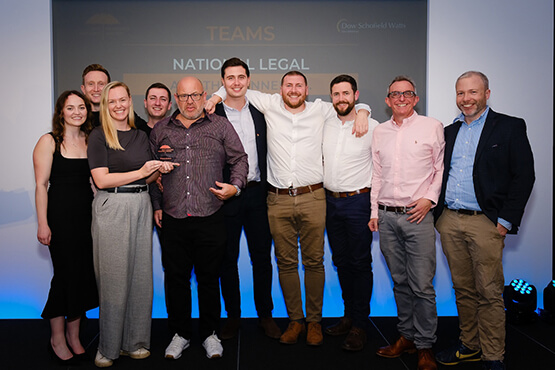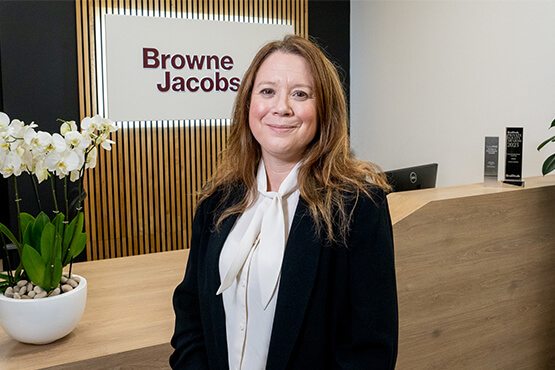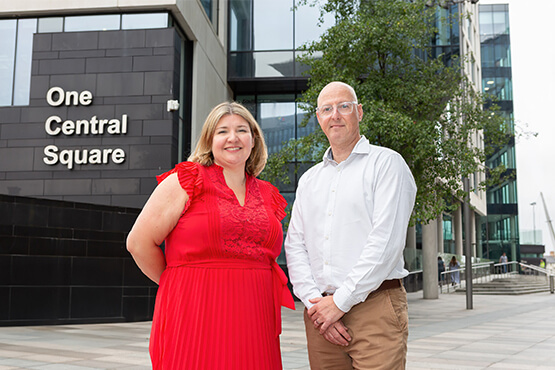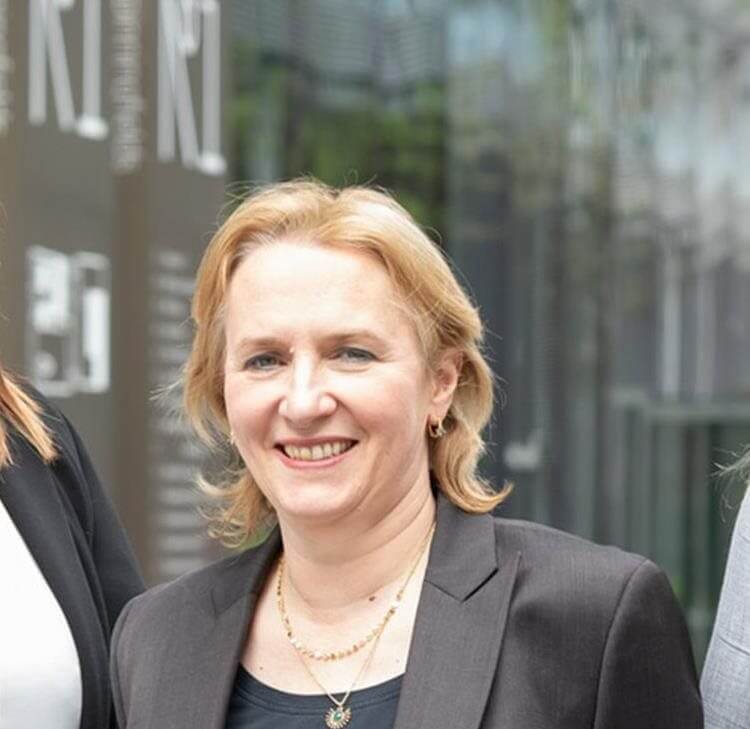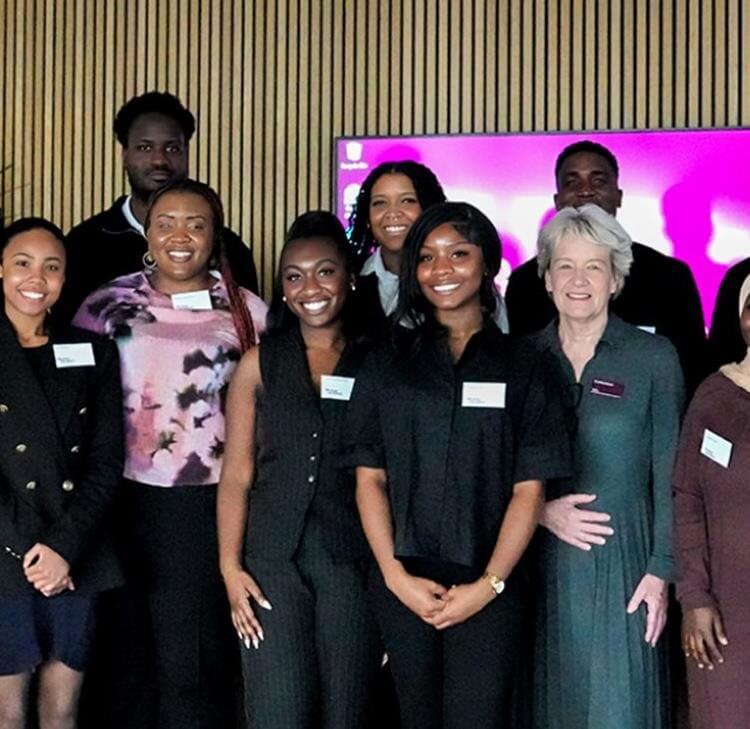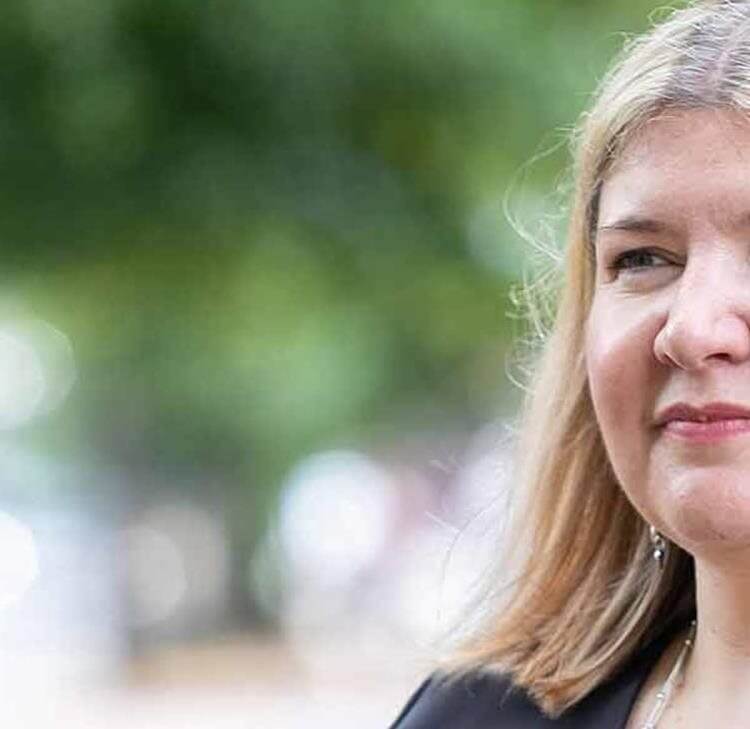Passing over the baton...
As your previous blog post authors quickly approach their qualification, leaving us ‘baby lawyers’ behind, the timely transfer of the Trainee Talk Blog baton has been passed to us, your dedicated first (soon-to-be second) year trainees – Nikita, Marina, Kerry and Hina.
As your previous blog post authors quickly approach their qualification, leaving us ‘baby lawyers’ behind, the timely transfer of the Trainee Talk Blog baton has been passed to us, your dedicated first (soon-to-be second) year trainees – Nikita, Marina, Kerry and Hina.
Hello!
Like your old authors we intend to keep this forum informal, informative and real. Being a trainee is no easy feat, but we hope to provide tips and insight to prepare you for the profession you aspire to enter (come to the dark side…we have deadlines).
Seeing as the first leg of the #traineechallenge2019 is quickly creeping up on us, we thought we would use this month’s blog to explain what we’re doing and why we’re doing it. Here we go…
What is the Trainee Challenge?
Every year, each of Browne Jacobson’s five offices nominates a charity in their area to support. To bolster the firm’s 2019 fundraising efforts, our trainee group is taking part in a stamina-stretching physical challenge. Our overall goal is to raise £7,000 for our charity partners.
This year we took inspiration from the Fatboy Slim song “Eat, Sleep, Rave, Repeat” – but instead we have made our mantra "Ride, Trek, Sleep, Repeat."
As a group we will cover 1000 miles over the course of 3 events: a 50/125 mile cycle race around Nottinghamshire on 23 June, a 26 mile trek in the Peak District on 13 July and an open-air sleep-out in October (to coincide with National Homelessness Day).
Let’s hear from some of our group about their training for the big event(s)!
All the gear, but no idea!
Trek
Jess Fellows-Moore, Nicola Hollick and Bethany Pickup
When faced with the options of a 26 mile trek, a 125 mile cycle or sleeping outside in October, the trek seemed the easiest option. How hard could it be? Well, hundreds of blisters, three pairs of very achy legs and one encounter with a cow later, we have learnt just how naïve we were to the scale of this challenge.

We began our training regime back in January with ambitions of being professional mountaineers by the time the July challenge came around. This was a picturesque six mile walk from Edale to Hope, including several (unplanned) detours. Here are Jess and Bethany realising that Google maps alone will not get us across 26 miles of big hills. Lesson one: must learn how to read a map.
Realising the size of our task and serious need for training, we each dragged family/friends/whoever we could bribe with snacks on several more walks over the next few months for valuable practice.
We were soon in May when we were able to pack away our waterproofs and put our hard work to the test with a 17 mile Peak District trek.
This time Bethany came equipped with a walking pole which would obviously make all the difference.
We managed to finish in 7 hours, an improvement, but 26 miles will be a real test. At least this time we learnt how to move a cow! We are not sure how useful this skill will be in the day job though.
With one month to go, last minute preparations are underway for the main event. It is going to be far harder than any of us anticipated, particularly with the potential of it being a hot summer’s day (or let’s face it, it’s probably going to be torrential rain).
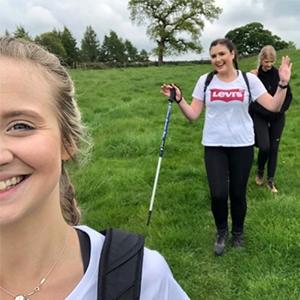
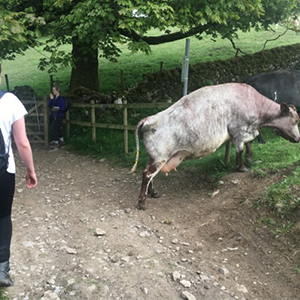
Ride
Sarah Hamilton
This time 12 months ago I hadn’t ridden a bike since I was about 12 years old (other than a Boris Bike around London and a really old bike along the Portuguese coastline).
Last year I really fancied getting a bike so I purchased a second hand one for £60, went on some casual Sunday bike rides along the cycle path and attempted to cycle a 3 mile commute to work every now and again. I really enjoyed being out on my bike, but at the end of Summer 2018 it went back in the shed and didn’t see sunlight again.
Suffice to say, I am not the type of cyclist who goes out for a casual 50 mile bike ride at the weekend, but on 23 June this year, that is what I am doing (minus the casual!) for the Ride portion of the #traineechallenge2019.
Unfortunately my £60 bike is not up to the job, so in April I invested in a very fancy road bike and purchased all the gear that goes with it: gloves, jerseys, bib tights, SPD pedals and clip in shoes to match.
So far, since April this year in preparation for the Ride I have covered 306 miles (according to my Strava). I’ve now moved house and cycle a 7 mile commute to work at least twice a week and try to get out for a 20 mile bike ride at the weekend. The maximum distance I’ve covered in one ride is 23.24 miles (the extra 0.24 of a mile is very important!) but my next challenge is to go out for at least 30 miles and, at some point, test out my clip-in shoes. As long as my training continues, I’m confident that on the day I will be able to cover 50 miles but if I do struggle I’ll just think of all the cake I can eat afterwards to get me through!
Had it not been for the trainee challenge I probably wouldn’t have taken up cycling in the way that I have done. I am so pleased it has now become an actual hobby and I’m even thinking of entering again next year - but in the 100 mile category! Perhaps I’ll see how 50 miles goes first…
Donate
We hope as many people will support us in our efforts and we are thankful in advance for everyone’s generous sponsorship in aid of our office charities:
- Nottingham: The Friary
- Exeter: Step One
- Birmingham: Edward’s Trust
- Manchester: Coffee4Craig
- London: Praxis
Please donate here.
Contact

Mark Hickson
Head of Business Development
onlineteaminbox@brownejacobson.com
+44 (0)370 270 6000



